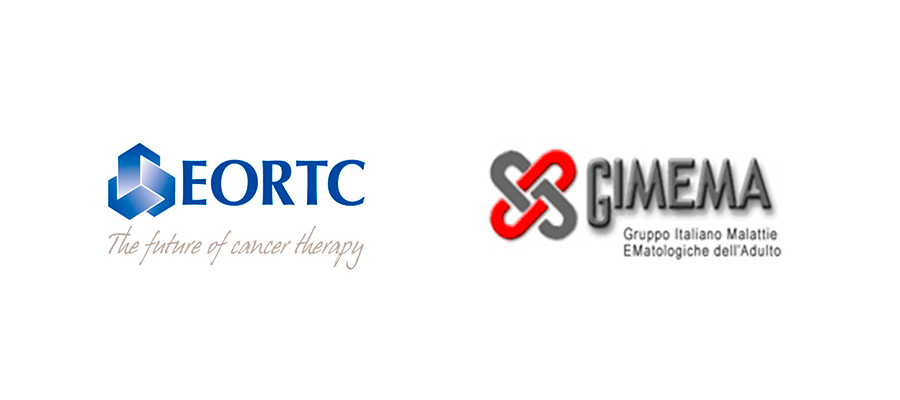High-dose cytarabine improves outcome in patients with AML in EORTC-GIMEMA AML-12 Trial
19 Dec 2013
Results of the EORTC and GIMEMA (Gruppo Italiano Malattie Ematologiche dell’ Adulto) AML-12 Trial appearing in the Journal of Clinical Oncology show that high-dose cytarabine in induction treatment improves outcome of adult patients with acute myeloid leukemia (AML). In particular, high-dose cytarabine produces higher remission and survival rates than the standard-dose cytarabine in patients younger than age 46 years old.
Dr. Roelof Willemze of the Leiden University Medical Centre and lead author of this report explains, “The most commonly administered induction regimen for patients with AML is a daily dose of 100 to 200 mg/m2 of cytarabine for seven to ten days in combination with three days of an anthracycline. This treatment has been shown to result in complete remission rates of 60% to 80% depending on age of the patient as well as genetic and molecular characteristics of the disease. Up until now, however, we did not have clear consensus on the benefit of higher dosages of cytarabine.”
The AML-12 included 1,942 newly diagnosed patients with AML aged 15 to 60 years and compared remission induction treatment with daunorubicin, etoposide, and either standard-dose (100 mg/m2 per day by continuous infusion for 10 days) or high-dose (3,000 mg/m2 every 12 hours by 3-hour infusion on days 1, 3, 5, and 7) cytarabine. Patients in complete remission received a single consolidation cycle containing daunorubicin and intermediate dose cytarabine.
At a median follow-up of six years, overall survival was 38.7% for patients receiving standard-dose and 42.5% for those receiving high-dose cytarabine (log-rank test P = 0.06; multivariable analysis P = 0.009).
For patients younger than 46 years old, survival was 43.3% with standard-dose treatment and 51.9% with high-dose treatment (P = 0.009; multivariable analysis P = 0.003). Survival for patients 46 to 60 years old was 33.9% and 32.9%, respectively (P = 0.91).
Complete remission rates were 72.0% for standard-dose and 78.7% for high-dose (P < 0.001). Patients younger than 46 years old had complete remission rates of 75.6% and 82.4%, respectively, (P = 0.01), while patients 46 years and older had rates of 68.3% and 74.8%, respectively (P = 0.03).
The intergroup EORTC-GIMEMA AML-12 Trial was supported by an educational grant from the EORTC Charitable Trust and was conducted at 63 sites in ten countries: Austria, Belgium, Croatia, Czech Republic, France, Italy, Portugal, Slovakia, The Netherlands, and Turkey.
John Bean, PhD
EORTC, Medical Science Writer
Related News
EORTC: Advancing research and treatment for rare cancers
29 Feb 2024
EORTC Fellowship Programme: celebrating more than 20 years of impactful collaboration
22 Feb 2024
Appointment of Malte Peters as EORTC Strategic Alliance Officer
9 Feb 2024
Unique series of workshops in partnership with the European Medicines Agency (EMA)
7 Feb 2024
EORTC launches a prominent clinical trial in older patients with locally advanced (LA) HNSCC (Head and Neck Squamous Cell Carcinoma)
14 Dec 2023
Seven IMMUcan abstracts selected for ESMO Immuno-Oncology Congress 2023
6 Dec 2023
EORTC Quality of Life measures integrated in CDISC
20 Nov 2023
EORTC and Immunocore are collaborating to launch the ATOM clinical trial of tebentafusp in Adjuvant Uveal Melanoma
7 Nov 2023
Treatment with decitabine resulted in a similar survival and fewer adverse events compared with conventional chemotherapy in older fit patients with acute myeloid leukaemia
31 Oct 2023
New results and forthcoming EORTC trials in rare cancers, lung, head and neck, and breast carcinomas presented at ESMO 2023
20 Oct 2023


